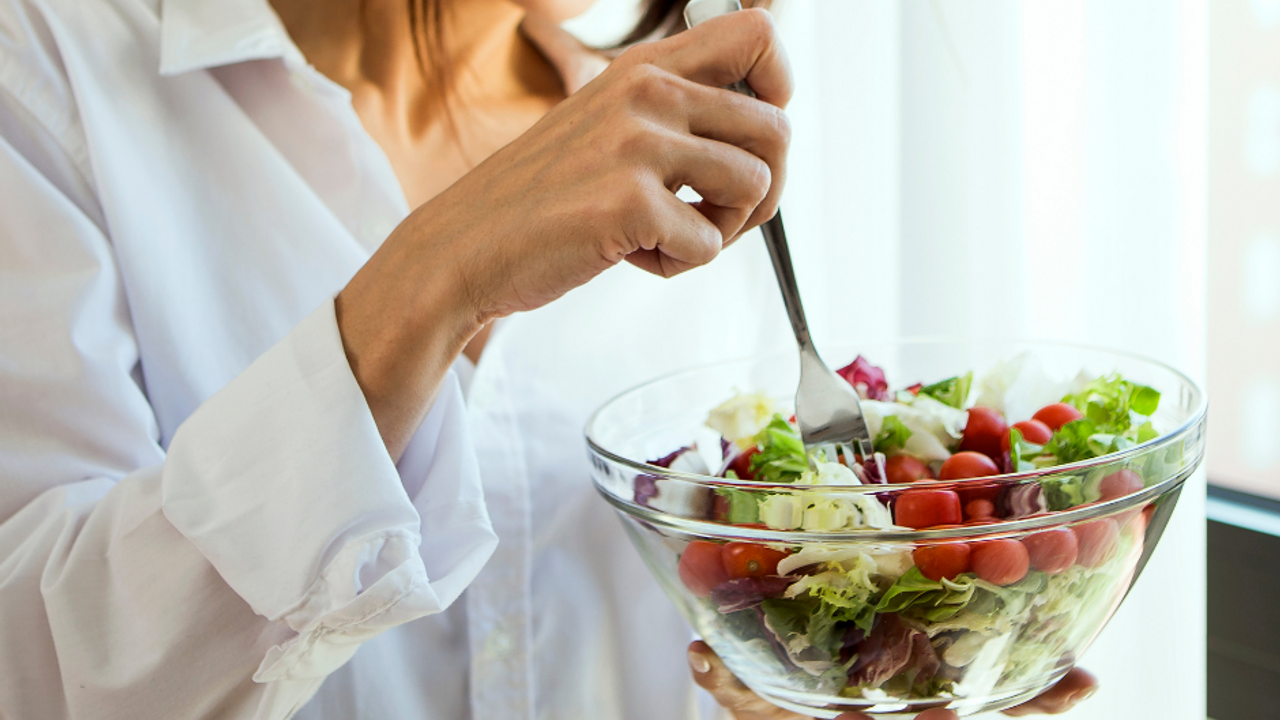Best Foods to Help Prevent Cancer Naturally
Oct 01, 2023
Ever wondered about the role nutrition plays in reducing your risk of certain diseases like heart disease or cancer?
Imagine having the power to wield an enormous impact on your risk of developing cancer in your future.
Nutrition is one of the best forms of medicine when it comes to disease prevention and.
While there is no single food or habit that will cause cancer, there is also no single food or habit that will prevent it. To reduce your risk of being diagnosed with cancer you can influence any number of your day-to-day lifestyle practices, including nutrition.
There are several choices you can make to exert a big difference to your cancer risk.
According to the World Cancer Research Fund International, these are the top cancer prevention recommendations related to diet, nutrition, and physical activity:
- Be a healthy weight
- Be physically active
- Enjoy a better diet
- Limit “fast foods”
- Limit red and processed meat
- Cut down on sugary drinks
- Limit alcohol consumption
- Do not use supplements for cancer prevention
- Breastfeed your baby if you can
- Avoid smoking and other exposure to tobacco
- Don’t get excess sun exposure
Fun fact: The healthy nutrition strategies in this article will not only reduce your risk of cancer, but they can also reduce your risk for developing heart disease, high blood pressure, diabetes, and excess weight gain.
And please note . . . when you hear phrases like “limit” and “cut down” they don’t necessarily suggest that you completely remove all traces of these foods from your diet. It simply prompts you to consider enjoying them less often and in smaller portions as part of an overall nutritious and well-balanced diet.
So, what is cancer and how can nutrition reduce your risk of getting it?
Behind heart disease (which is number one), cancer is the second-leading cause of death in the United States. Cancer happens when cells—from anywhere in the body—become abnormal and multiply uncontrollably. These cancer cells can cause damage by eventually growing into lumps or otherwise spreading throughout the body.
There are many different types of cancer and many different things can increase and decrease your risk of cancer. Cancer starts when there is an interaction between cells, the genetics inherited from parents, exposures to different compounds and viruses, and any number of other factors.
The good news is that many cancers are highly preventable with a healthy lifestyle that includes an abundance of nutritious foods. In fact, according to Harvard Health, a healthy dietary pattern can reduce your cancer risk by 10-20%.
When it comes to using nutrition to reduce your risk of cancer, focus on choosing more fruits and vegetables, whole grains, and legumes like beans and lentils.
These foods help reduce cancer risk because they are full of essential nutrients like vitamins, minerals, and fiber. Many fruits, vegetables, whole grains, and legumes also contain other health-promoting compounds like antioxidants. Plus, these foods can help protect against excess weight because they can help you feel fuller longer due to their fiber and water content.
Fiber-rich foods like fruits and vegetables, whole grains, and legumes also contain antioxidants and protein. These foods are known to help protect against many cancers, including colorectal cancer. Non-starchy fruits and vegetables also protect against several cancers, including cancers located in the mouth and throat.
A recommended goal is to eat at least five servings of non-starchy fruits and vegetables and at least 30 grams of fiber each day. You can do this by including non-starchy fruits and vegetables, whole grains, and legumes in every meal and enjoying them as snacks.
Examples of these foods are:
- a variety of colors of fruits and vegetables like tomatoes, carrots, pineapple, broccoli, bell peppers, leafy greens, and blueberries
- whole grains like brown rice, whole wheat, and oats
- legumes include black beans, chickpeas (garbanzo beans), and lentils
Another ways to reduce your risk is to:
- Limit fast food and/or processed foods.
- Limit red (beef, pork, veal, lamb, and goat) and processed meat (hot dogs, bacon, salami, sausages, and deli meats like ham). Instead opt for leaner cuts of it, or even substitute it from time to time with other higher-protein foods like poultry, fish, legumes, eggs, nuts, or dairy.
- Cut down on sugary drinks like sodas and energy drinks, as well as sugar added to other beverages like tea and coffee.
Cancer is no small health risk and the empowering truth is that you absolutely have the ability to influence your health and future with nutrition. The foods (and drinks) you consume contribute to your healthy lifestyle to reduce your risk of cancer. And the great news is that these strategies can also reduce your risk of other chronic diseases at the same time.
By choosing more fruits, vegetables, whole grains, and legumes, and choosing fewer fast foods, red and processed meats, and sugary drinks, you can exert a big impact on your health. You don’t need to overhaul everything right away because small, sustainable changes to your day-to-day life can lead the way to improved wellness.
Need help choosing or implementing more fruits, vegetables, whole grains, and legumes into your diet? I’m here for you. As a certified sports nutritionist and health coach, I’d love to help.
Wondering how to make that broccoli taste great or how to substitute legumes for ground meat?
Want more tips and strategies to start kicking those sugary drinks to the curb?
Need support to plan, shop, and prepare more nutritious and healthy meals for yourself or your family?
Book an appointment with me today to see how I can help you.
Stay connected with news and updates!
Join our mailing list to receive the latest news and updates from our team.
Don't worry, your information will not be shared.
We hate SPAM. We will never sell your information, for any reason.


